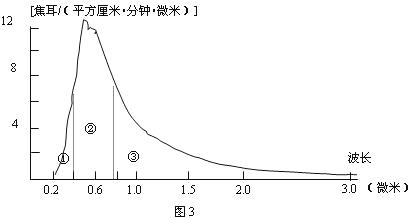If your family is like many in the United States, unloading the week’s groceries includes hauling a case or two of bottled water into your home. On your way to a soccer game or activity, it’s easy to grab a cold one right out of the fridge, right? But all those plastic bottles use a lot of fossil fuels and pollute the environment. In fact, Americans buy more bottled water than any other nation in the world, adding 29 billion water bottles a year to the problem. In order to make all these bottles, manufacturers use 17 million barrels of crude oil. That’s enough oil to keep a million cars going for twelve months. Imagine a water bottle filled a quarter of the way up with oil. That’s about how much oil was needed to produce the bottle. So why don’t more people drink water straight from the kitchen faucet? Some people drink bottled water because they think it is better for them than water out of the tap, but that’s not true. In the United States, local governments make sure water from the faucet is safe. There is also growing concern that chemicals in the bottles themselves may leach into the water. People love the convenience of bottled water. But maybe if they realized the problems it causes, they would try drinking from a glass at home or carrying water in a refillable steel container instead of plastic. Plastic bottle recycling can help—instead of going out with the trash, plastic bottles can be turned into items like carpeting or cozy fleece clothing. Unfortunately, for every six water bottles we use, only one makes it to the recycling bin. The rest are sent to landfills. Or, even worse, they end up as trash on the land and in rivers, lakes, and the ocean. Plastic bottles take many hundreds of years to disintegrate. Water is good for you, so keep drinking it. But think about how often you use water bottles, and see if you can make a change. Betty McLaughlin, who runs an organization called the Container Recycling Institute, says we should try using fewer bottles: “If you take one to school in your lunch, don’t throw it away—bring it home and refill it from the tap for the next day. Keep track of how many times you refill a bottle before you recycle it.” And yes, you can make a difference. Remember this: Recycling one plastic bottle can save enough energy to power a 60-watt light bulb for six hours.
|
小题1:Present
小题1: most
小题1:Reasons
小题1: quality
小题1:convenient
小题1:production
小题1:pollution
小题1:Suggestions/Tips
小题1:made
小题1:possible
小题1:考查归纳词:右边的内容讲的是美国现在的形势:可知填Present
小题1:词义归纳题:从第二段的句子:In fact, Americans buy more bottled water than any other nation in the world,可知填 most
小题1:词义归纳题:从第四段的句子:So why don’t more people drink water straight from the kitchen faucet?可知填Reasons
小题1:词义归纳题:从第五段的句子:Some people drink bottled water because they think it is better for them than water out of the tap,可知填 quality
小题1:词性转化题:从第三段的句子:That’s about how much oil was needed to produce the bottle.
可知填production
小题1:词性转化题:从第二段的句子:But all those plastic bottles use a lot of fossil fuels and pollute the environment.可知填pollution
小题1:归纳词,从右边的内容可知填Suggestions/Tips
小题1:词义归纳题:从第五段的句子:they would try drinking from a glass at home or carrying water in a refillable steel container instead of plastic.可知填made
小题1:考查词组:as …as possible可知填possible

